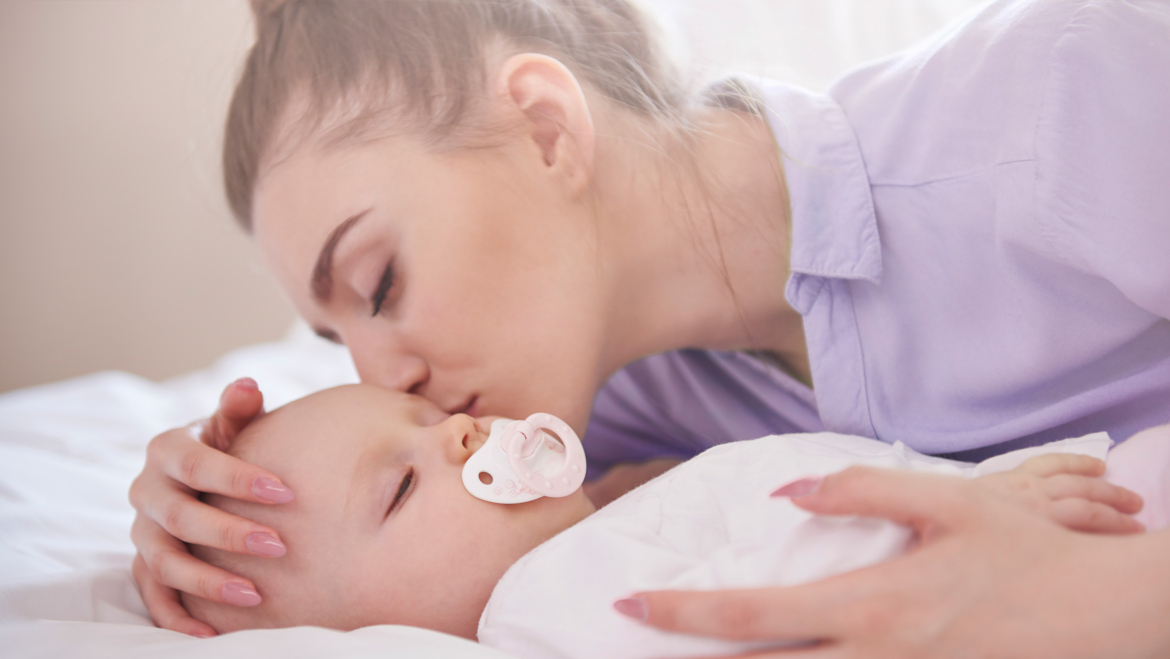Welcoming a newborn into your life is an extraordinary journey filled with love, joy, and endless learning. Amidst the excitement, ensuring your baby sleeps safely is paramount. In this blog, we delve into the crucial realm of safe sleep practices.
- Place your Newborn to Sleep on their Back:
Ensuring infants sleep on their backs is vital in reducing the risk of Sudden Infant Death Syndrome (SIDS). Sleeping on their tummies or sides can hinder oxygen intake, potentially leading to this tragic outcome. As a preventive measure, it’s recommended that newborns be placed on their backs during sleep, promoting safer and healthier sleeping habits. - Avoid Using Rolled-up Blankets:
Using rolled-up blankets or other items to prop up your baby during sleep is not recommended, as they can pose a suffocation hazard. It’s essential to maintain a clear and uncluttered sleep environment for your baby to reduce the risk of accidents. - Put your Baby’s Crib in your Own Bedroom:
Placing your baby’s crib in your bedroom for the first six months can facilitate nighttime care and bonding, as it provides easy access when your baby wakes up. If space is limited, consider alternatives like a cradle or bassinet, ensuring they meet safety standards. This arrangement not only fosters proximity for nighttime feedings and soothing but also promotes a sense of security for your baby during their early months. - There Should be no Stuffed Animals or Pillows in your Baby’s Crib:
Eliminate any stuffed animals, pillows, or similar soft items from your baby’s crib to mitigate the risk of suffocation. A clear crib devoid of such objects ensures a safe sleep environment, reducing potential hazards and promoting uninterrupted rest for your newborn. - Keep your Infant Away from Smoke:
It is imperative to keep your baby away from smoke, including exposure to cigarettes, vapes, and electronic cigarettes. Babies exposed to smoke, face an elevated risk of Sudden Infant Death Syndrome (SIDS). Protecting your baby from smoke is paramount to ensuring their health and reducing the likelihood of this tragic outcome.

